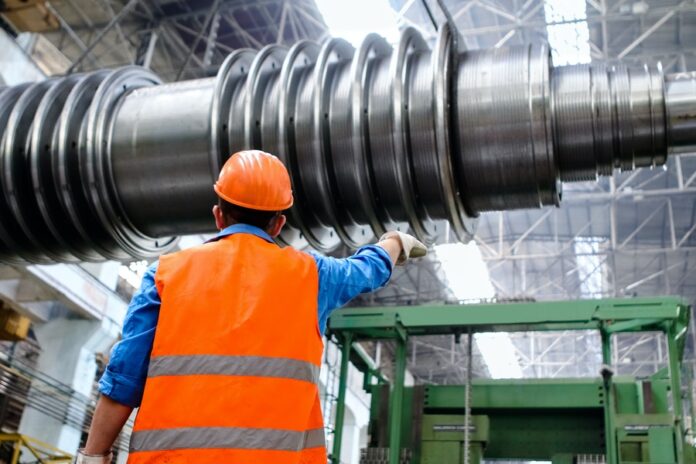It’s not difficult to see how complex the world has become over the past few decades. Yes, the radical transformation brought by digitisation has made the rewards for manufacturing companies greater – but with those greater rewards have come greater risks, as well.
Headlining these new digital technologies relevant to manufacturing are four basic categories: social media, big data, sensors … evolved and artificial intelligence. For those who are getting it right, exponential productivity growth has been the reward – and by 2030, the gains are expected to be measured in the trillions. We’re talking about vastly more efficient operations, impressively predictive and preventative maintenance, superior supply chain management, and reinvented inventories and logistics.
Shall we explore a little deeper?
#1. Social media
If you ask many people, they’ll tell you that the impact of social media since its dawning is obvious but at the same time vastly underestimated. It’s the same in the world of manufacturing, because while social media is now the dominant marketing strategy, the B2B nature of manufacturing means social interaction with customers and companies appears less important. However, B2B marketing experts say LinkedIn, Twitter and Facebook are indispensable for manufacturing, too, in areas like design and manufacturing insight, innovation and industry trends. Too many manufacturers focus exclusively on their work, company and industry, but today’s connective communication channels make manufacturing insights effectively infinite.
#2. Big data
We all know what data is – so what’s big data? If you think it’s lots and lots and lots of data, pat yourself on the back, because you’re starting to grasp how all of that information is increasingly being gathered and powerfully processed by manufacturers. It’s done in the production stages, and collected from operators, devices and machines thanks to smart modern sensors like an ultrasonic sensor and then analysed by even smarter software – and then the potential for massive benefits flow. We’re talking about things like enhanced predictive quality, anomaly detection, tool life-cycle optimisation, production forecasting, product lifecycle management – and the list goes on.
#3. Sensors … evolved
In the big data section, we mentioned the evolution of sensors like ultrasonic proximity sensors, which are deployed widely in the manufacturing industry to detect and measure distances by shooting out sonar-like ultrasonic sound waves that bounce back with their data. In our fourth industrial revolution, and in cahoots with AI, cloud computing and the industrial internet of things, manufacturing productivity and efficiency gets a big boost – while the impact on the environment is driven down. The latest digital ultrasonic sensors can sit on the tip of your pinkie finger – and yet the gains have become exponential. They’re not just cheaper and more accurate, they can now work in tandem with many other sensors to multiply the gains in areas like smarter flow measurement, the refinement of processes, the reduction of inefficiencies, the improvement of predictive maintenance, enhanced safety, the minimisation of downtime – and more.
#4. Artificial intelligence
AI – it’s still the most futuristic of terms, even in 2020. A recent study showed that over 90% of manufacturing executives think AI and machine learning will headline smarter practices and operations in the very short-term future and beyond, in areas including production, quality control, design times, waste minimisation and more. How? Machine vision can monitor and find microscopic faults not visible to the naked eye, systems can make decisions to keep machines in perfect working order, machine learning can innovate products based on new inputs like different materials and lower budgets, and – like the rest of our list here – the incredible potential just goes on and on and on.
The final word: digitisation is the future of manufacturing
What is outlined in this piece is not just exciting news about modern manufacturing – it’s literally the game-changing future of the entire industry across the board. As the digital technology continues to evolve and the costs go down, the gains will become more and more accessible to more and more manufacturers – and those first in the queue will be the ones in the driving seat.








![Avast Driver Updater Key 2022 | Activation Key V2.5.9 [Free]- Avast Driver Updater Key 2021](https://vintank.com/wp-content/uploads/2021/02/Avast-Driver-Updater-Key-2021-100x70.jpg)
![Avast Premier Activation Code and License Key [Working] Avast Premier Activation Code and License Key](https://vintank.com/wp-content/uploads/2021/09/Avast-Premier-Activation-Code-and-License-Key-100x70.jpg)
